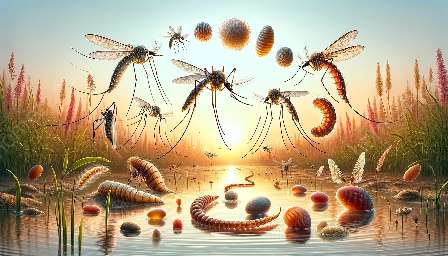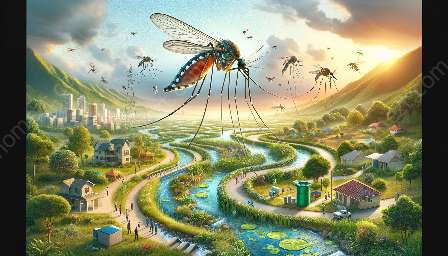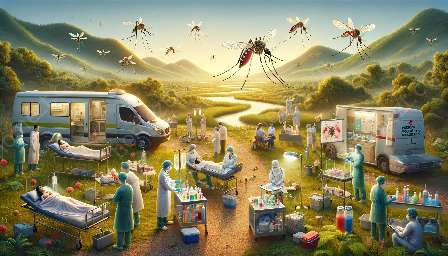With the rise of mosquito-borne diseases, such as malaria, dengue, Zika, and West Nile virus, prevention and control measures have become increasingly important. This comprehensive guide provides valuable insights into the relationship between mosquito control, pest control, and disease prevention.
The Importance of Mosquito Control
Mosquitoes are notorious vectors of various diseases, posing significant health risks to humans and animals. As such, effective mosquito control is vital in mitigating these risks and preventing outbreaks of mosquito-borne illnesses. There are several approaches to mosquito control, including:
- Source reduction: Eliminating standing water where mosquitoes breed
- Biological control: Introducing natural mosquito predators, such as certain fish species or bacteria, to target mosquito larvae
- Chemical control: Using insecticides to kill adult mosquitoes
Integrated Pest Management (IPM) for Mosquito Control
Integrated Pest Management (IPM) is a holistic approach that combines various control methods to manage pests, including mosquitoes, while minimizing harm to the environment and non-target organisms. IPM strategies for mosquito control may encompass:
- Habitat modification: Altering the environment to make it less conducive to mosquito breeding and harborage
- Biological control: Implementing natural enemies of mosquitoes, such as predatory insects or bacteria, to regulate mosquito populations
- Use of insect growth regulators (IGRs): Employing compounds that disrupt mosquito development and reproduction
- Monitoring and surveillance: Regularly assessing mosquito populations and their potential disease transmission in targeted areas
- Educational outreach: Engaging communities in mosquito control efforts and promoting awareness of prevention practices
Preventing Mosquito-Borne Diseases
Preventing mosquito-borne diseases involves a combination of mosquito control and personal protection measures. While effective pest control is essential for reducing mosquito populations, individuals can also take proactive steps to minimize their risk of mosquito-borne infections:
- Using insect repellent containing DEET, picaridin, or oil of lemon eucalyptus
- Wearing long-sleeved clothing and long pants
- Installing window screens and using bed nets to prevent mosquito bites indoors
- Removing stagnant water from outdoor containers and ensuring proper drainage
- Maintaining yard hygiene and landscaping to discourage mosquito breeding
Community-Based Vector Management
Effective mosquito control often requires coordinated efforts at the community level. Community-based vector management involves collaboration between local authorities, public health agencies, and communities to implement and sustain mosquito control and disease prevention initiatives. This collaborative approach may include:
- Public education campaigns on mosquito-borne diseases and prevention methods
- Community clean-up events to eliminate mosquito breeding sites
- Surveillance and response programs to detect and address potential disease outbreaks
- Advocacy for sustainable mosquito control practices and funding support
The Role of Pest Control Professionals
Pest control professionals play a crucial role in preventing mosquito-borne diseases by employing their expertise in managing mosquito populations and implementing effective control measures. They are trained to:
- Conduct thorough property inspections to identify and address mosquito breeding sites
- Implement targeted treatment strategies to reduce mosquito populations
- Provide guidance on mosquito-proofing homes and outdoor spaces
- Offer ongoing monitoring and maintenance to sustain mosquito control efforts
By partnering with pest control professionals, individuals and communities can enhance their mosquito control and disease prevention initiatives.





























